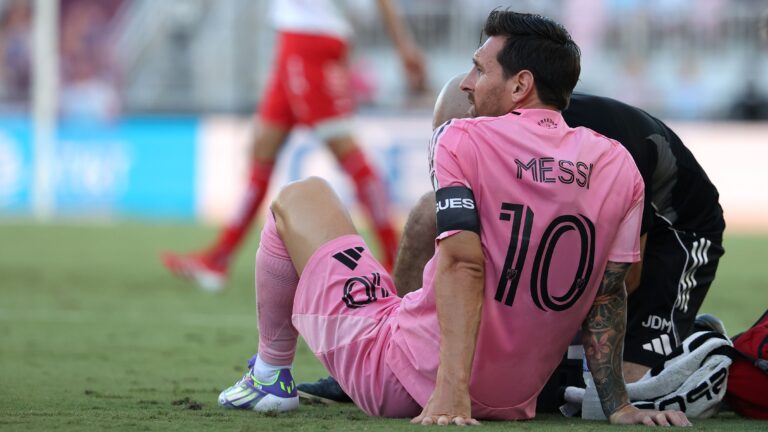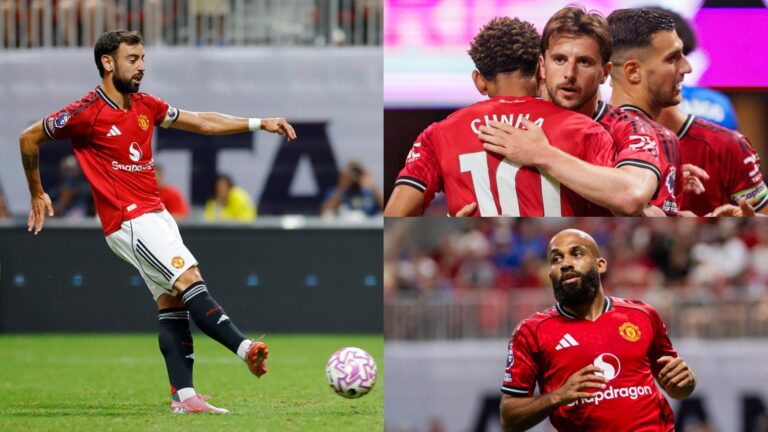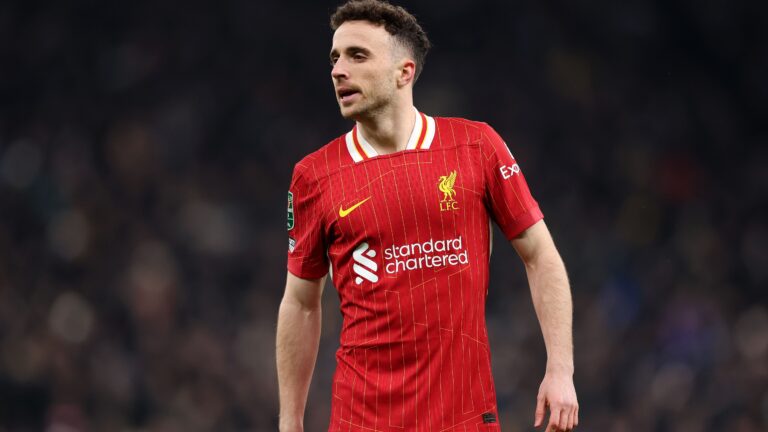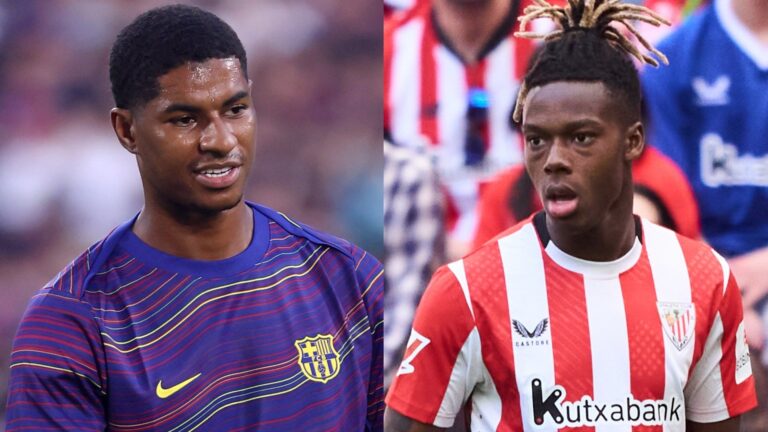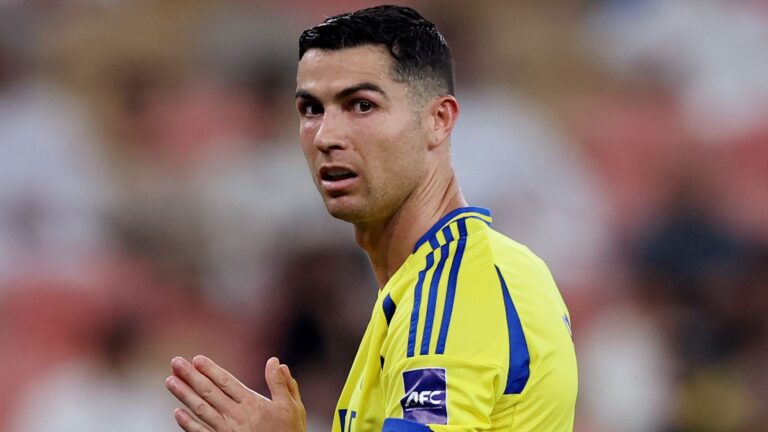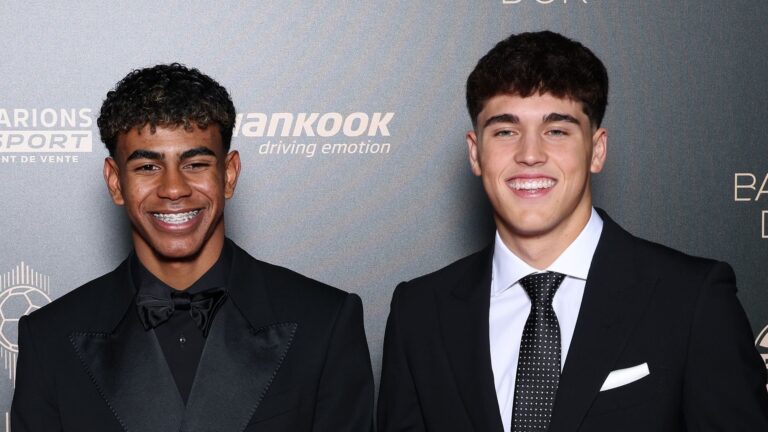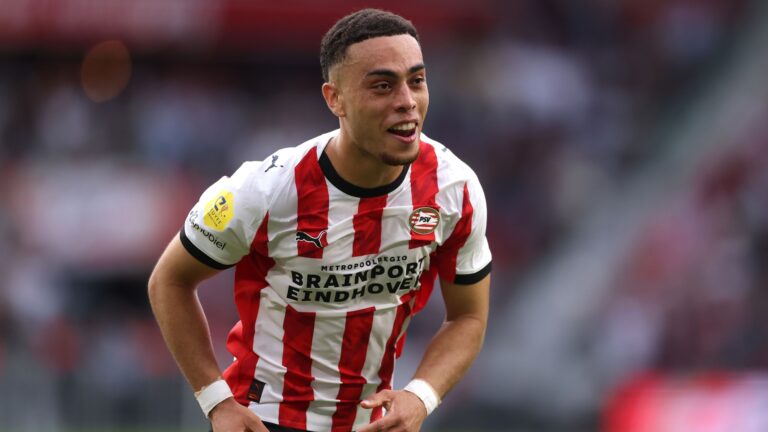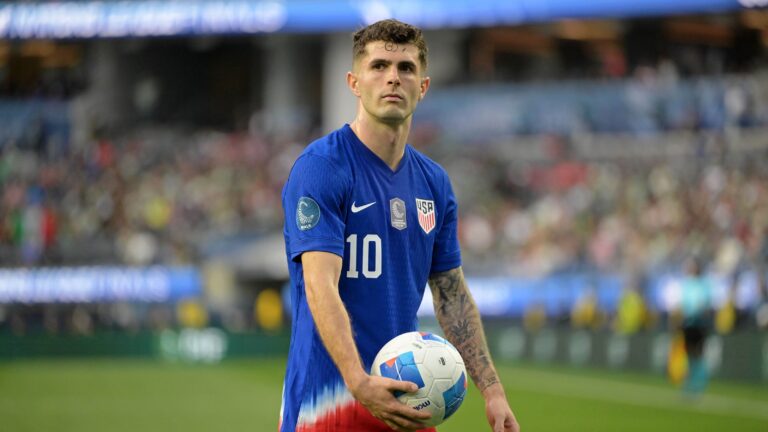Football General Manager
- Bellingham & Grealish are mostly under media spotlight
- Every move is being followed closely
- McAteer believes they are not given enough mental support



Grealish has also endured a turbulent spell at Manchester City, especially after slipping down the pecking order following the rise of Belgian winger Jeremy Doku. The 28-year-old had previously opened up about how challenging it was to cope with the shift in his playing time under Pep Guardiola, admitting it took a toll on him mentally.
Speaking about the current state of the game, McAteer empathised with the burden placed on modern footballers and emphasised the urgent need for mental health support to be embedded in their daily lives, not just something addressed after their playing days are over.
“I feel sorry for some of the professional footballers now, they are under so much scrutiny. The amount of criticism they receive is ridiculous – they are burdened with an incredible amount of expectation and stress,” he told William Hill Vegas.
The former Liverpool midfielder, who has long championed mental health awareness, stressed the importance of proactive care.
“I’m a big mental health advocate, and if you are not cared for properly and given enough support, it can leave you scarred,” he said. “As a professional footballer, you cannot wait until the end of your career to address your mental health, you have to deal with it while you are playing.
“For top professionals, internationals like Jude Bellingham and Jack Grealish, they need help now and I’m not so sure they are getting enough, if any. In the 1990s when I was playing, there were no mobile phones, and no social media, so there was nowhere near as much scrutiny.”
McAteer, who featured regularly in the Premier League throughout the 1990s, believes today’s footballing environment is far more demanding mentally than the era he played in. Drawing a stark contrast between the past and present, he described how the absence of constant online scrutiny made for a more forgiving atmosphere back then.
“The 1990s saw the biggest change in football because of the money that came with the start of the Premier League,” he said. “There was huge investment, commercial growth, and increase in broadcasting revenue. Then there was the cultural side of things – everyone was interested in the lifestyle of Premier League footballers – and you had all the noise around the Spice Girls, Oasis, everything was happening around that time!
“All of a sudden, footballers were mixing it with film stars and pop stars. We were getting featured in national magazines – not just football magazines, even GQ! David James was doing a photoshoot with Armani! There were massive changes in British culture – it was crazy. But would I change it for the world? Absolutely not!”
As Grealish continues to navigate his future at Manchester City, new speculation has emerged regarding a potential move to Serie A. According to Gazzetta dello Sport, Italian giants Napoli have initiated contact with the player’s representatives to explore the possibility of bringing him to Naples. However, financial constraints could hinder any deal, as Grealish’s current wages are reportedly too steep for Napoli to afford outright.


